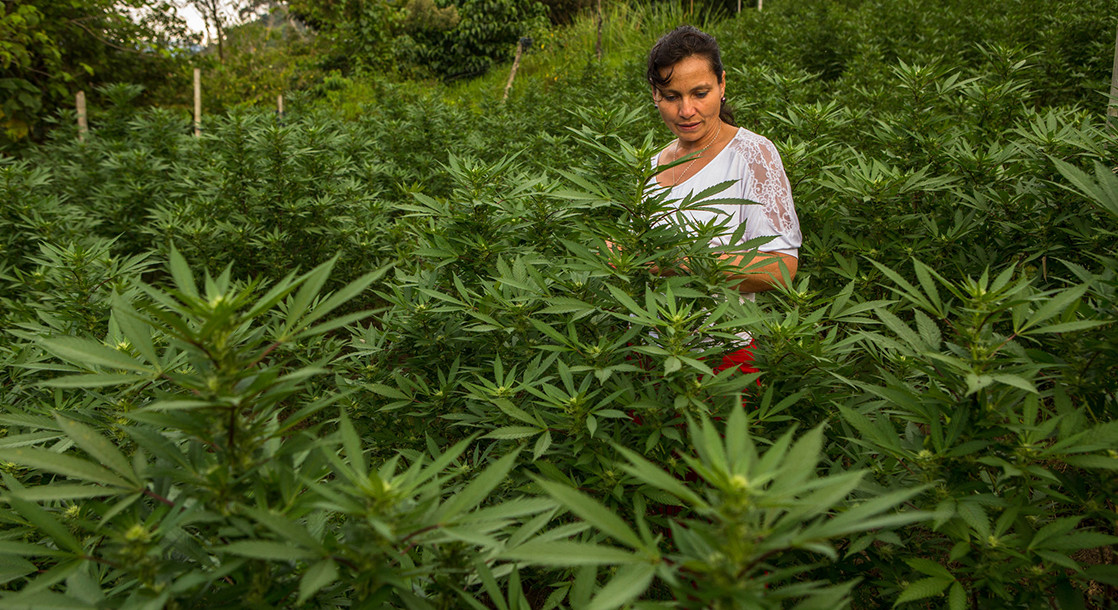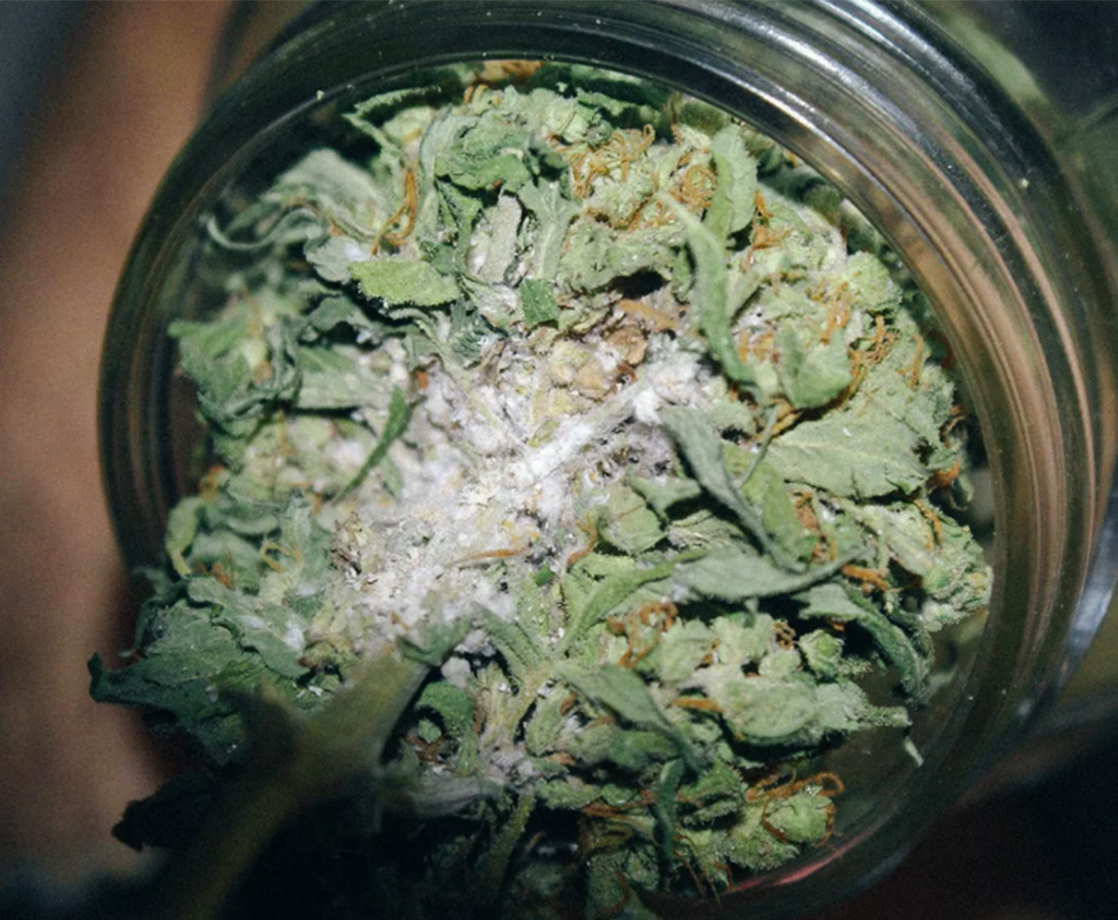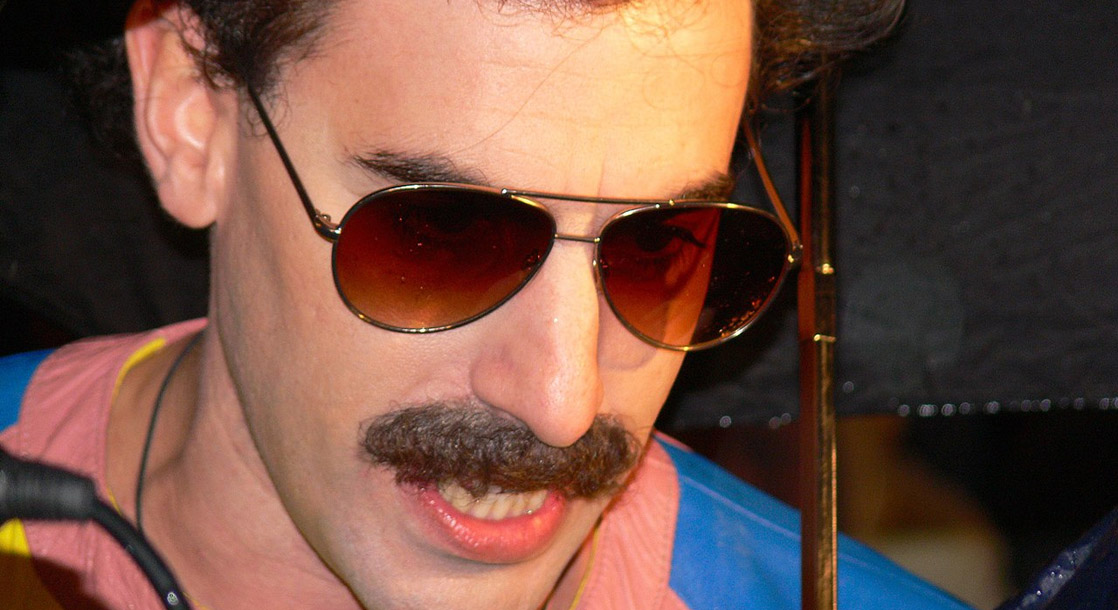Last year, Colombian President Juan Manuel Santos struck up a historic peace deal with the Revolutionary Armed Forces of Colombia (better known as FARC), the country’s largest rebel group. After over 50 years of war, the government finally regained control of the mountainous territory previously used for the rebel’s drug trafficking operation.
Looking to capitalize on the cannabis production once headed by FARC, the Colombian government eased up on their strict drug enforcement. The country first ushered in their medical marijuana law back in 2015, but are just now preparing to allow companies to legally grow the crop.
By taking over land used by FARC to cultivate cannabis and replacing it with their own agricultural setup, the government has made an unprecedented move, especially for South America. Not only will the country have better access to medical marijuana, but workers who depended on the illegal drug trade to feed their families will still have an opportunity to capitalize on cannabis.
The New York Times recently reported on Blanca Riveros, a mother who used to trim for Colombian drug traffickers. Now, she could have the opportunity to continue her work under the legal framework created by the government. Currently, she still works for mafia groups based in Corinto, but said that the possibility of legally working with cannabis “would be a miracle for us.”
The most prominent company enlisted by the government to start growing is the Canadian cannabis group PharmaCielo. They have already agreed to a deal that would provide labor to local residents, which also allows the company to construct their own greenhouses and start growing.
According to Federico Cock-Correa, the head of the Colombian subsidiary of PharmaCielo, peasants will be paid much higher wages than they were under FARC’s control. But still, some experts claim that the legal market has already been flooded since the rebels stepped down, causing profits to dwindle for people like Riveros.
The South American cannabis movement isn’t just restricted to Colombia. A major push for medical marijuana was recently sparked in Chile by a group of concerned mothers, while the neighboring country of Uruguay has had recreational legalization since 2013.
But what makes Colombia’s situation unique is the attempt to keep workers from the illegal drug trade involved in the newfound legal cannabis cultivation system, which will hopefully keep families fed and cannabis crops flourishing.











